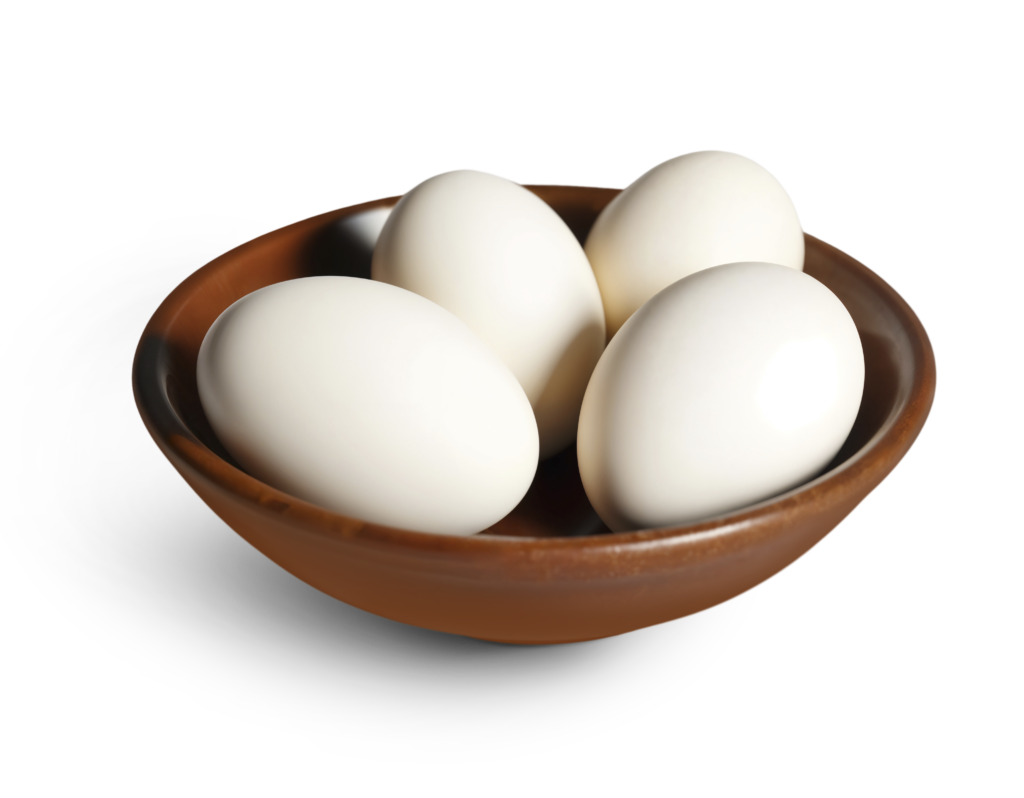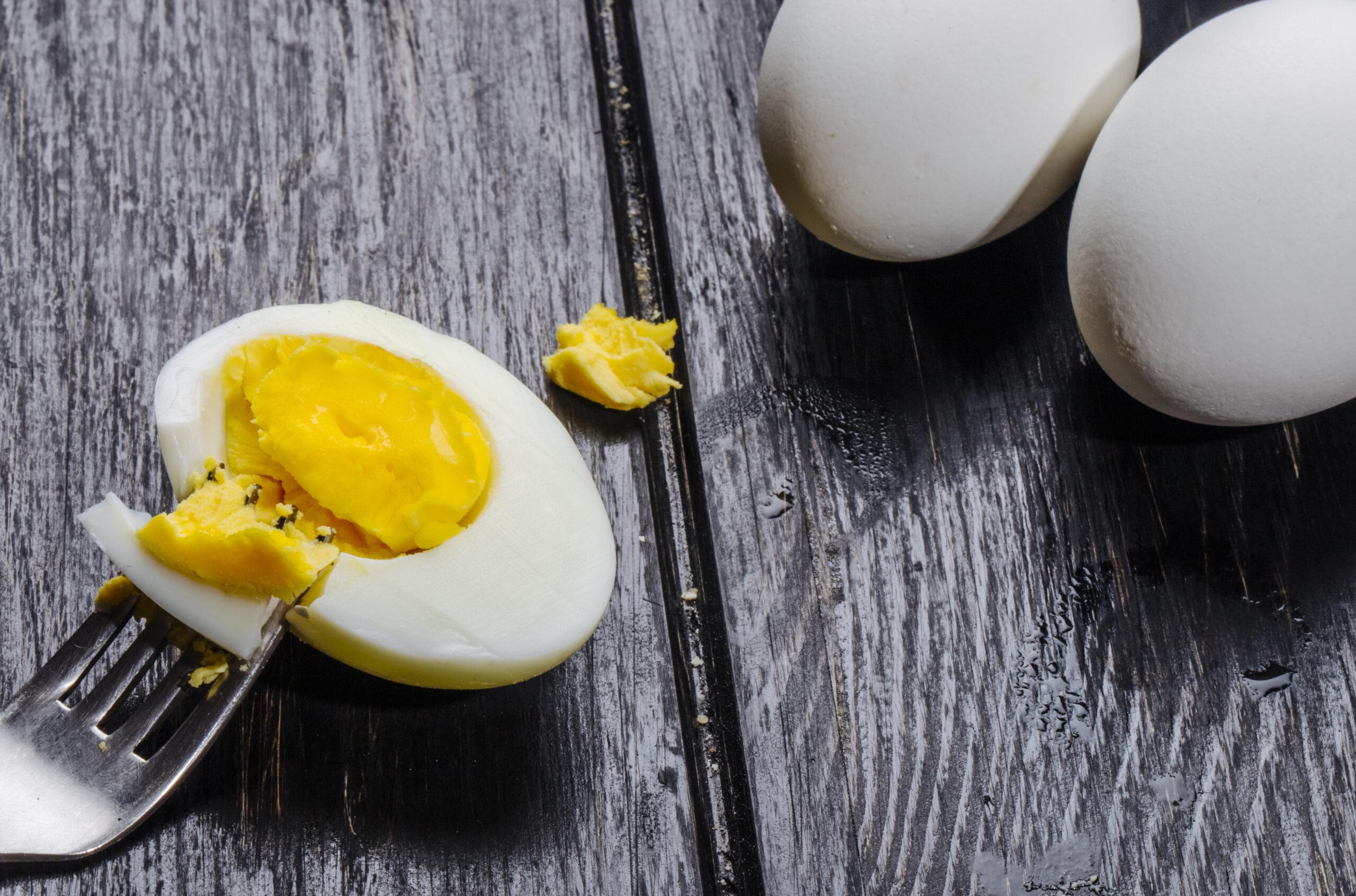The Physics of Perfect Eggs: Scientists Discover a 32-Minute Cooking Method That Maximizes Flavor & Nutrition
The Problem With Traditional Egg Cooking
We’ve all been there—peeling open a boiled egg only to find:
✔ A rubbery white (overcooked)
✔ A chalky yolk (too firm)
✔ A runny white (undercooked)
The issue? Egg whites and yolks cook at different temperatures:
- Whites set best at 85°C (185°F)
- Yolks perfect at 65°C (149°F)
Current methods (sous vide, soft boiling) can’t optimize both at once—until now.

The Breakthrough: The “Pendulum Egg” Method
A team of physicists at the University of Naples devised a 32-minute, 16-step process that alternates temperatures to cook whites and yolks independently.
How It Works
- Boiling Phase (100°C / 212°F) – 2 minutes
- Heats the outer white quickly.
- Cooling Phase (30°C / 86°F) – 2 minutes
- Lets heat penetrate the yolk gently.
- Repeat 8x (Total: 32 minutes)
“Many people have tasted it—they were amazed by the texture. Yes, it takes time, but if you love someone, invest in doing it properly.”
— Ernesto Di Maio, Lead Researcher
Science Behind the Technique
1. Heat Diffusion Modeling
- Used thermodynamic equations to track energy transfer.
- Discovered pulsing heat allows:
- Whites to fully set without overcooking.
- Yolks to stay creamy without hardening.
2. MRI & Spectrometry Analysis
- Whites: More denatured proteins (firm but tender).
- Yolks: Less denaturation (smooth, custard-like).
- Bonus: Higher polyphenol antioxidants (reason unknown).
3. Blind Taste Tests
- Whites: Slightly sweeter than soft-boiled.
- Yolks: Less sweet, richer umami.
- Texture: “Like sous vide yolk + soft-boiled white in one.”
Is This Practical? Experts Weigh In
The Enthusiasts
- “A brilliant application of heat transfer physics!”
- “For special occasions, worth the effort.”
The Skeptics
- “Spending 30 minutes babysitting an egg isn’t realistic for most.” — Peter Barham, Univ. of Bristol
- “Similar methods were proposed for meat a century ago.” — Hervé This, AgroParisTech
Step-by-Step: Try It Yourself
What You Need
- 2 pots: 1 boiling, 1 at 30°C (use a thermometer!)
- Timer
- Slotted spoon
Method
- Lower egg into boiling water (2 min).
- Transfer to cool water (2 min).
- Repeat 7 more times (total 32 min).
- Shock in ice water, peel, and enjoy!
Why This Works Better Than Sous Vide
| Method | White | Yolk | Nutrients | Time |
|---|---|---|---|---|
| Traditional | Rubbery | Chalky | Standard | 6-12 min |
| Sous Vide | Gummy | Perfect | Standard | 45-60 min |
| Pendulum Egg | Tender | Creamy | Higher | 32 min |
When to Use This Method
- Special brunches (impress foodie friends).
- Meal prep (cook a batch ahead).
- Science experiments (great for kids!).
The Verdict: Worth It?
✔ Best texture & flavor (if you have time).
❌ Overkill for daily breakfast.
“Eggs are nature’s perfect food—now we’re cooking them perfectly too.”

